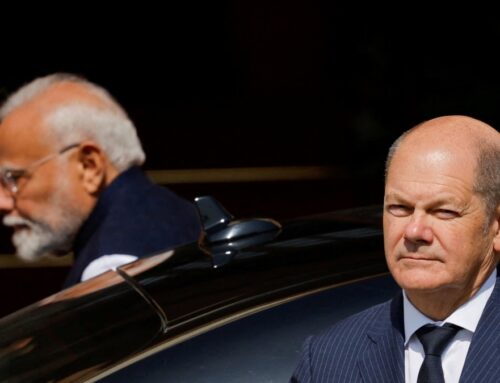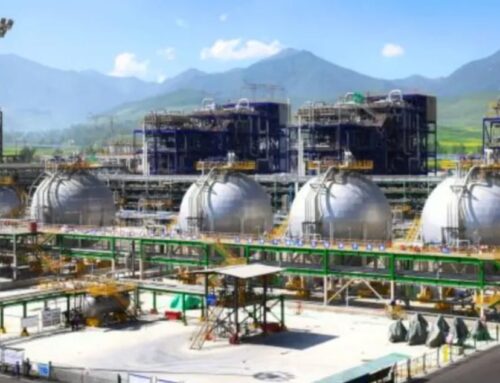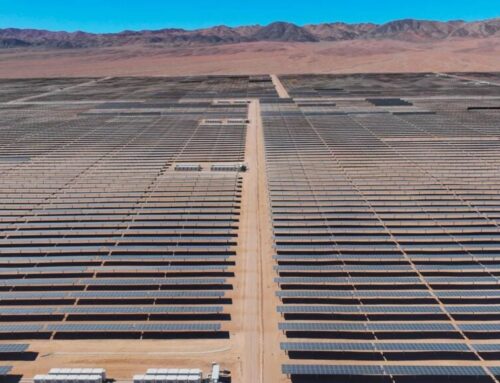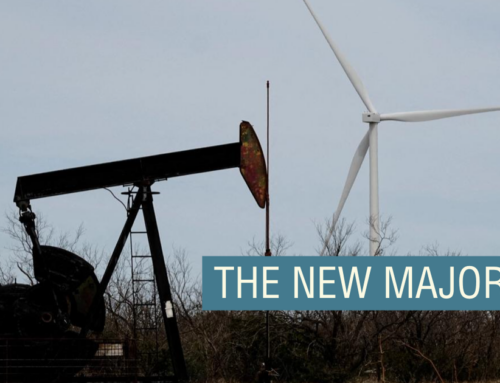Clean energy is on the ballot in these utility regulator races
October 25, 2024
The presidential election may well decide the future of the United States’ ambitious new clean energy agenda, but a handful of smaller, less-discussed races will have a more immediate and direct impact on the energy transition in several different states.
Public utility commissions regulate the monopoly utilities that operate in each state, voting on such matters as what power plants utilities can build and how much money they can charge their captive customers. Each state’s PUC contains three to five commissioners, making the officials some of the most powerful people in the U.S. energy transition. In most states, governors appoint these leaders — but in 10 states, voters elect them.
This November, eight of those states have active races for at least one PUC commissioner: Alabama, Arizona, Louisiana, Montana, Nebraska, North Dakota, Oklahoma, and South Dakota. Georgia canceled its 2024 PUC elections because the state’s bizarre hybrid structure for PUC elections has resulted in a lawsuit claiming voter discrimination: PUC commissioners each represent one of five districts, but they are elected statewide, so the members of each district don’t get to decide who represents them.
Utilities recognize the importance of supporting candidates who share their interests, and spend money accordingly. But most regular people often feel little personal connection to the races or the arcane bureaucracy that unfolds at the commissions, and it can be hard to focus on these details against the raucous political backdrop of a general election.
“These PUC commissioners have the power to determine people’s utility bills, the quality of their utility service, and how their utilities are making investments in different forms of energy,” PUC advocate Charles Hua told Canary Media. “Yet, few people can name their state’s PUC commissioners or explain what they do.”
After stints at the Department of Energy and Lawrence Berkeley National Lab, Hua launched a nonprofit called PowerLines this fall to promote greater public awareness of the pivotal roles PUCs play in the clean energy transition. As a nonpartisan entity, PowerLines can’t endorse candidates, but Hua sees plenty of value in simply increasing participation in PUC elections.
That information gap around PUCs leads to “down-ballot dropoff,” in which voters select candidates in the better-known races but leave the PUC section blank, Hua said. That means voters miss out on “a democratic vehicle to engage with the public officials that are meant to serve the public interest through effective utility regulation.”
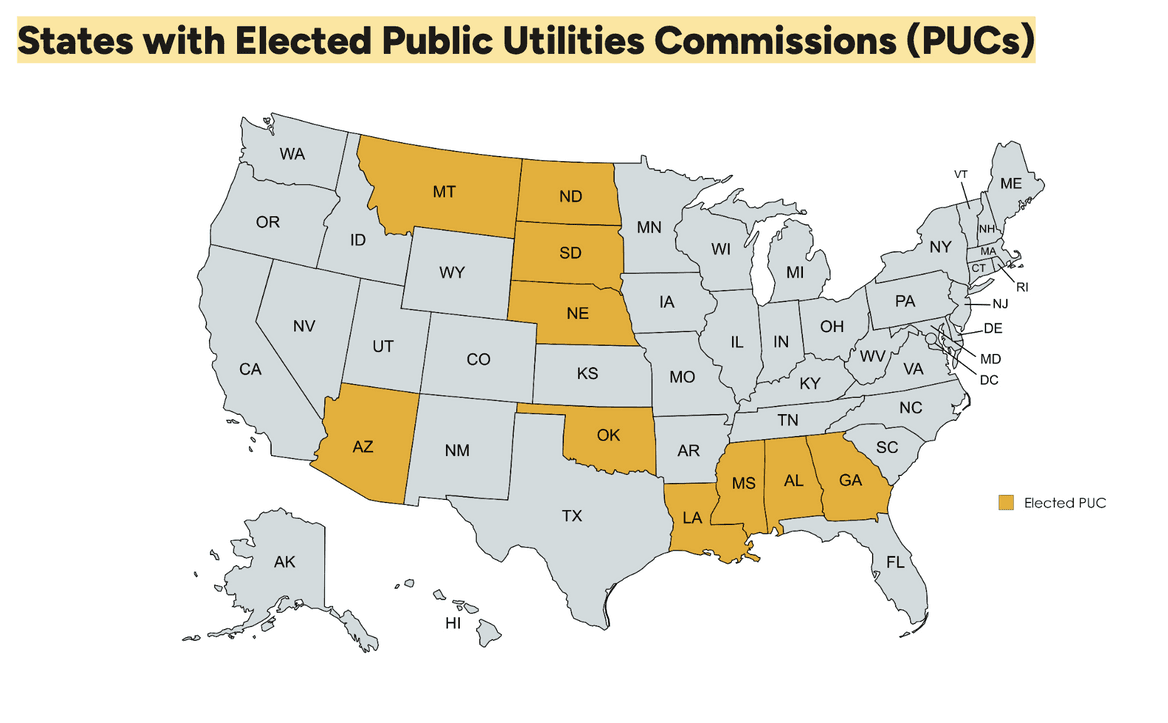
The implications for good utility regulation are especially high this year for anyone interested in the transition to cleaner energy, not to mention equity and affordability.
Commissioners control how much electric and gas utilities can charge customers, at a time of soaring energy bills. They’re also uniquely positioned to help get the U.S. grid on track to meet climate goals, at least on a state-by-state level, by approving more cheap, clean energy instead of letting utilities continue to expand fossil-fueled infrastructure. And PUCs can direct utilities to rebuild their grids in a more resilient way following destructive extreme weather like hurricanes Helene and Milton.
PUC commissioners wade through the technocratic morass of utility regulation and make choices that affect Americans’ pocketbooks. That’s why Hua says it’s so important for those who have the opportunity to vote in PUC races to do so, and to keep an eye on what their commission does the rest of the time.
With that in mind, let’s take a closer look at Arizona and Louisiana, two states where the stakes for the clean energy transition are particularly high this year.
Arizona could return to ambitious clean energy policy
Three of five seats are up for the Grand Canyon State’s PUC, which is called the Arizona Corporation Commission. Anna Tovar, the lone Democrat on the commission, is not running for reelection, nor is Republican James O’Connor. Republican Lea Márquez Peterson is running for another four-year term.
Arizonans get to vote statewide for the slate of PUC commissioners, and the top three vote-getters each win a seat. There are three Democrats and three Republicans running, and Arizona’s closely contested recent election cycles mean anything could happen — the commission could swing in a more pro–clean energy direction, or toward more fossil-friendly regulation.
That’s significant, because the ACC’s recent past illustrates the power of elected PUCs more clearly than perhaps in any other state. In 2018, the all-Republican commission boldly rebuked the planning proposal from the state’s largest utility, Arizona Public Service. Then the commissioners went further, imposing a moratorium on new gas plant construction, based on conservative principles: With the energy sector changing so quickly, they wouldn’t let utilities charge their customers for a bunch of expensive gas plants when other quickly maturing options could prove more cost-effective.
Those commissioners later developed their own clean energy standard, and nearly approved it, which would have been a rare instance of a proactive clean energy target coming from a PUC instead of a legislature. But the commission’s debate dragged on as state politics became increasingly contentious, and the proposal was ultimately voted down 3–2 in January 2022. Early this year, the commission voted to end the meager renewable energy standard that had been on the books for 15 years.
Search
RECENT PRESS RELEASES
Related Post
